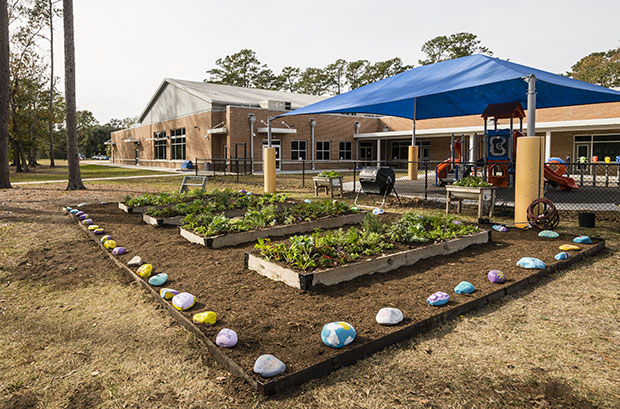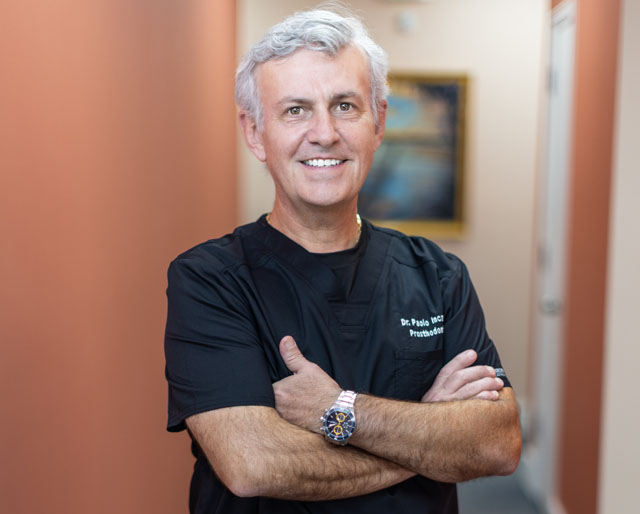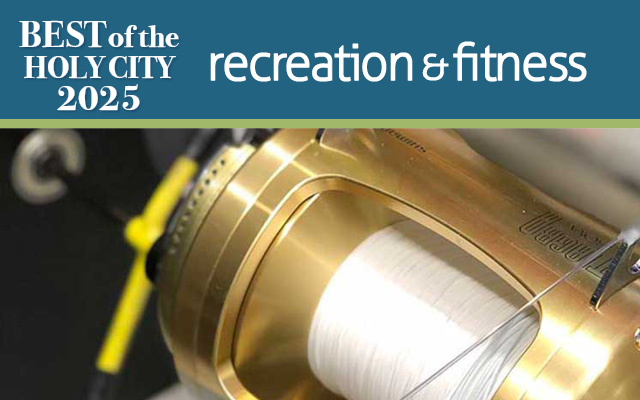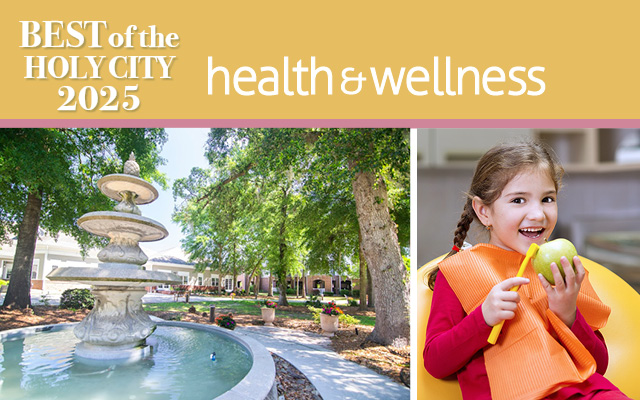Listen to Your Heart
05 Jan 2021
Stroke patient gets lifesaving treatment just in time
By Tommy Santora
Photos by Lea Austen
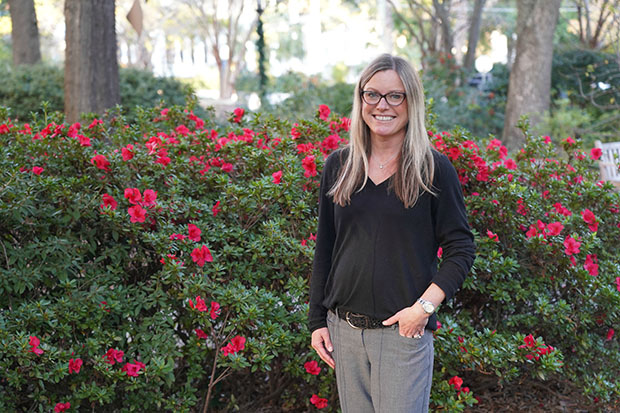
Stephanie Matthews admits, at first, she ignored the early signs – abnormal, intense headaches; numbness and tingling down her right side; blurry and double vision.
“I am a healthy, independent, hard-working mother and I thought, ‘Why would anything be wrong with me?’ and we pass off these things and ‘power through’ them because we think they will go away,” Matthews said. “It wasn’t until the right side of my body started completely shutting down, and I knew I had to get to the emergency room.”
Six months ago, 43-year-old Matthews suffered a stroke, and was rushed to the emergency room at Roper St. Francis Mount Pleasant Hospital. She was transported to Roper downtown, where she was admitted to the Neuro ICU.
The stroke (CVST) she suffered was rare and life threatening; the neurology team at Roper knew her situation was critical and may require surgery, so the neuro team made the decision to have Williams transported to the Medical University of South Carolina (MUSC), where she was treated by the Comprehensive Stroke Center team and Dr. Christine Holmstedt.
“Strokes come on acutely, so patients can suddenly experience weakness or numbness on one side of their body, difficulty speaking, slurring of words, change in vision. Stephanie was in a dire situation with a lot of swelling in the brain, and we had to treat her with strong blood thinners to decrease the clot,” said Dr. Holmstedt.
Dr. Holmstedt serves as the MUSC Health Medical Director of the Comprehensive Stroke Center and Teleneuroscience Program, and professor of neurology and emergency medicine.
“For a doctor, there’s nothing like the relationship I have with my patients. To see my patient having the worst day of their lives and talking them through these acute treatments, it is important to get them to the other side of the situation and give them some hope,” she said.
Dr. Holmstedt and her team successfully treated Matthews’ stroke, and Matthews has since returned to work full-time as a practice manager for Roper St. Francis Healthcare.
“I may not be able to do things as quickly as I used to, but I have learned to adjust to my new normal, and I am back to driving, working again full-time,” Matthews said. “I’m very stubborn and driven. I knew I had to get better, and I was going to get better. I have come a long way, but if there is any advice I can give since going through this experience is listen to yourself, and if anything seems ‘off’ about your body, consult your doctor or go to the hospital before it gets too late. Had I not gone to the hospital when I did, I would not have lived, and being under Dr. Holmstedt’s care was a blessing.”
February is Heart Health Awareness Month
February is American Heart Month, a nationwide effort led by the national American Heart Association. It promotes awareness of lifestyle tips to prevent heart disease, and knowing signs of oncoming strokes.
More than 868,000 Americans die of heart disease, stroke, or other cardiovascular diseases every year, and they amount to one in three deaths in the United States, according to the Centers for Disease Control and Prevention (CDC).
Leading risk factors for heart disease and stroke are high blood pressure, untreated hypertension, high low-density lipoprotein (LDL) cholesterol, diabetes, smoking and secondhand smoke exposure, obesity, unhealthy diet and physical inactivity.
Addressing COVID-19 Concerns
During the COVID-19 pandemic, there has been a global trend of not as many people presenting to hospitals with stroke and heart disease, Dr. Holmstedt said.
The American Heart Association Lowcountry Chapter has launched its “Don’t Die of Doubt Campaign” specifically to address this issue.
“The American Heart Association quickly sprang into action with our campaign, which encourages the community to still get needed medical attention for heart attacks or stroke concerns, even during the COVID-19 pandemic. We want the community to know that every second counts, and hospitals are still the safest place to be during an emergency,” said Katie Schumacher, American Heart Association Executive Director in Charleston.
Dr. Holmstedt and her team have worked to combat stroke in South Carolina through the development of the MUSC Health Teleneuroscience Program.
This program installed 37 cameras across the state’s healthcare facilities, allowing patients to receive expert stroke care close to home. Since 2008, MUSC doctors have used telemedicine to evaluate and treat more than 40,000 stroke patients statewide.
“Stroke treatments are very time sensitive. It is very important for patients to seek emergent evaluation for stroke symptoms by calling 911. Rapid evaluation and treatment reduces long-term disability and improves patient outcomes,” Dr. Holmstedt said. “We have a very dedicated, committed and talented stroke center care team, and it is very rewarding and humbling to help so many stroke patients and their families.”
Go Red For Women
The American Heart Association’s signature women’s initiative, Go Red For Women, aims to increase women’s heart health awareness and serves as a catalyst for change to improve women’s lives globally.
“We are so proud to work with MUSC Health and local survivors like Stephanie Matthews to raise awareness about the importance of women prioritizing their health,” said Schumacher.
It’s the outcome they hope will happen to more women who seek treatment quickly.
Matthews is on the road to recovery six months after her stroke. She remains on blood thinning medications to stop clots from forming, and gets lab work on a routine, weekly basis.
“I keep a journal of my progress; my support system that I call my ‘tribe’ of family and friends, including my daughter Macauley and my son Jake, have served as my inspiration,” Matthews said. “The team-centered approach I received at MUSC from the doctors to imaging specialists to physical therapists was amazing. It saved my life.”
For more information about the American Heart Association and the Lowcountry chapter, visit www.heart.org.


